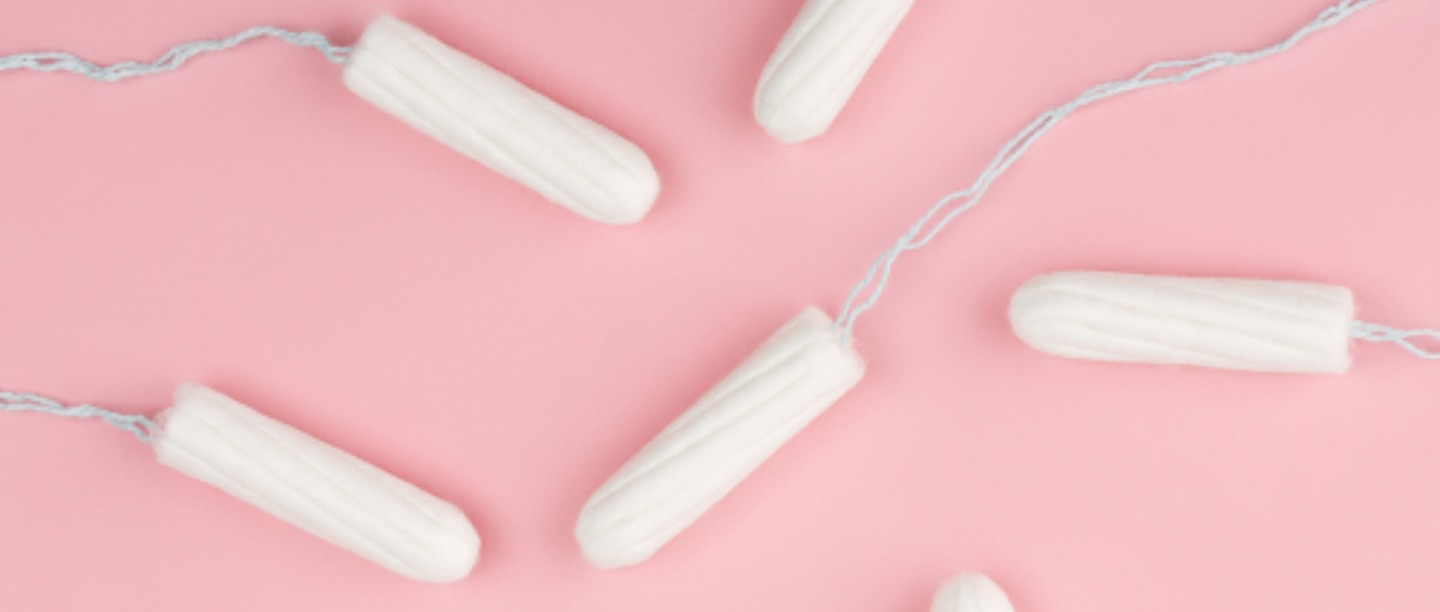
If you’ve always wanted to try tampons but have been wary about it, let us help you clear all your doubts. Read on to know why it’s probably a good idea to switch from pads to tampons!
1. What Is a Tampon?
A cylindrical-shaped plug made from soft, absorbent material that is inserted in the vagina to absorb menstrual blood.
2. They Are Easy to Use
It may seem intimidatingly uncomfortable, but these tiny cylinders of absorbent material are actually pretty easy to insert. It will probably take a few tries at first, but with practice you can find the right angle to glide it in easily. Don’t worry, it doesn’t hurt at all! Plus, tampon boxes even come with instructions and pictures, and sometimes a plastic applicator for easy insertion. When you start using it for the first time, try in the middle of your period when your flow is the heaviest, so it’s easier to glide it in. Don’t forget to relax; tensing up your body makes it difficult to slide it in.
3. What Size Tampon Should You Use?
Choose a slender size when you start using it for the first time, and don’t forget to change it every 4 to 8 hours. Once you start using tampons regularly, you will figure out just how often you need to change it and what size is best suited for you and your flow. If you feel that it gets saturated in a few hours, try a higher-absorbency kind, and if it isn’t saturated even after 8 hours, try a lower absorbency one.
4. They Don’t Hurt or Feel Uncomfortable
The thought of having a tampon inside you at all times probably scares you, but in reality you can’t even feel it. If a tampon is inserted the right way, then you won’t even know it’s there. Only if it hasn’t been inserted far enough into the vagina would you be able to feel it. In which case, you should take it out and insert a new one.
5. Tampons Will Protect You against Leaks
Pads are more likely to result in embarrassing leaks and stains than tampons. Once you learn how often you need to change your tampon, depending on the intensity of your flow, you are guaranteed protection against leaks. If you’re wearing the right size, your tampon can handle any type of flow and prevent leakage.
6. You Don’t Need to Take It Out Every Time You Pee
Once inserted, tampons don’t come in the way of your other bodily functions, which means you can leave them in when you visit the bathroom. Just move the string out of the way to keep it clean, and you won’t need to change it every time you go to the loo or even when you shower.
7. They Help You Feel Fresh
You know how sometimes pads can feel wet, icky and even give out an unpleasant odour? Yup, it’s gross, especially during heavy-flow days. But with tampons you don’t need to worry about all that. Since menstrual blood is absorbed from inside your body, it doesn’t hit the air, which means it doesn’t give out any odour or feel unpleasant. Just make sure to change it at least every 8 hours, and you have absolutely nothing to worry about.
8. You Can Wear and Do Whatever You Want
Your tampon won’t move around, which can give you more confidence than a pad. You can exercise, be active and even swim when wearing a tampon. You can also wear anything from figure hugging-dresses to tight jeans to, yes, even white! The only thing you need to remember is to change it every few hours to protect against Toxic Shock Syndrome (TSS) and you can do whatever you want.
9. Things to Keep in Mind When Using Tampons
· Make sure to wash your hands before and after inserting it.
· Change it every 4 to 8 hours (depending on your flow) to protect against TSS.
· Make sure your fingernails are not too sharp or too long, else you may end up scratching yourself and breaking the skin while inserting it.
· Only use a tampon once your period has begun and not during any other times.
· You can wear a tampon while sleeping as well (since you can wear it up to 8 hours), but it’s advisable to alternate between pads and tampons – use pads at night and tampons during the day.
MUST-READ: #PeriodProblems: How To Deal With and Prevent Period Rashes
MUST-READ: Have a Clean Period! 6 Commonly Overlooked Menstrual Hygiene Tips
Read More From Health
Ananya Panday On Being Called ‘Chicken Legs’ and ‘Flat Chest’ In School & Why We Must Talk About It
Isha Jain